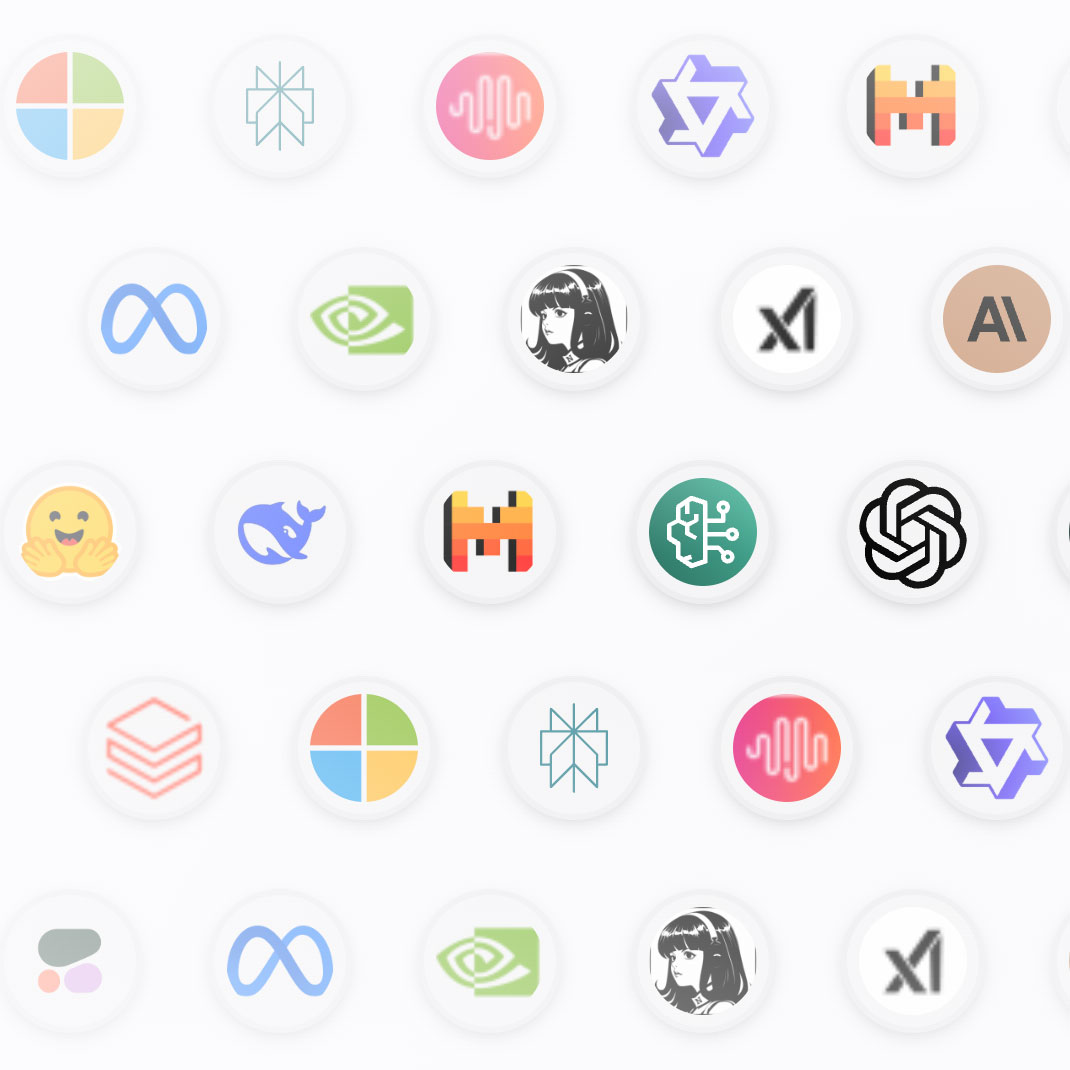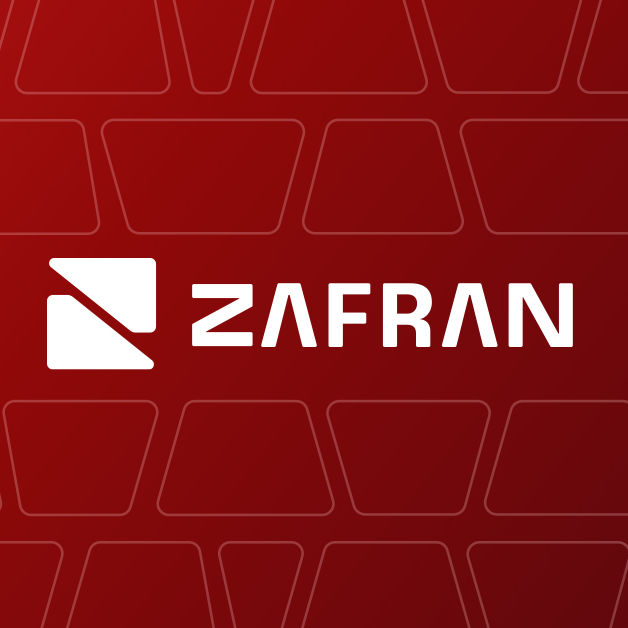AI news moves faster than any technology has ever before, with developers constantly complaining about not being able to keep up with the vast array of model releases that seem to change every few weeks. That is why we’re thrilled to announce our investment in OpenRouter: one API, one centralized billing, and giving 2.5M+ developers access to 400+ models across 60+ providers. Developers love using OpenRouter for seamless access to all the world’s LLMs. You do not always want the very best models: Often you’re looking to make a tradeoff on the cost/latency/performance frontier. Over time, developers come to OpenRouter not just for choice, but to run evals and see which models are being used the most by the rest of the industry. It’s become a seminal tool in every AI engineer’s arsenal.

That’s why we’re thrilled to announce that we’re leading a $40 million Series A in OpenRouter. We first met the team when we invested in them as one of the 30 companies in our Anthology Fund in partnership with Anthropic. Alex Atallah, the founder and CEO, is a formidable force and a well-known name in startups. He was previously the founder of $14 billion OpenSea, an NFT marketplace that didn’t quite pan out, and he was hungry to make a comeback with another “Open” company. At the seed, we knew they were on to something, but wanted to see if they could truly scale. Over the past year, we saw them go into hypergrowth, scaling 10x from processing ~10 trillion tokens a year to over 100 trillion tokens a year at the time of writing this, powering popular apps like Cline and integrating natively into VSCode!
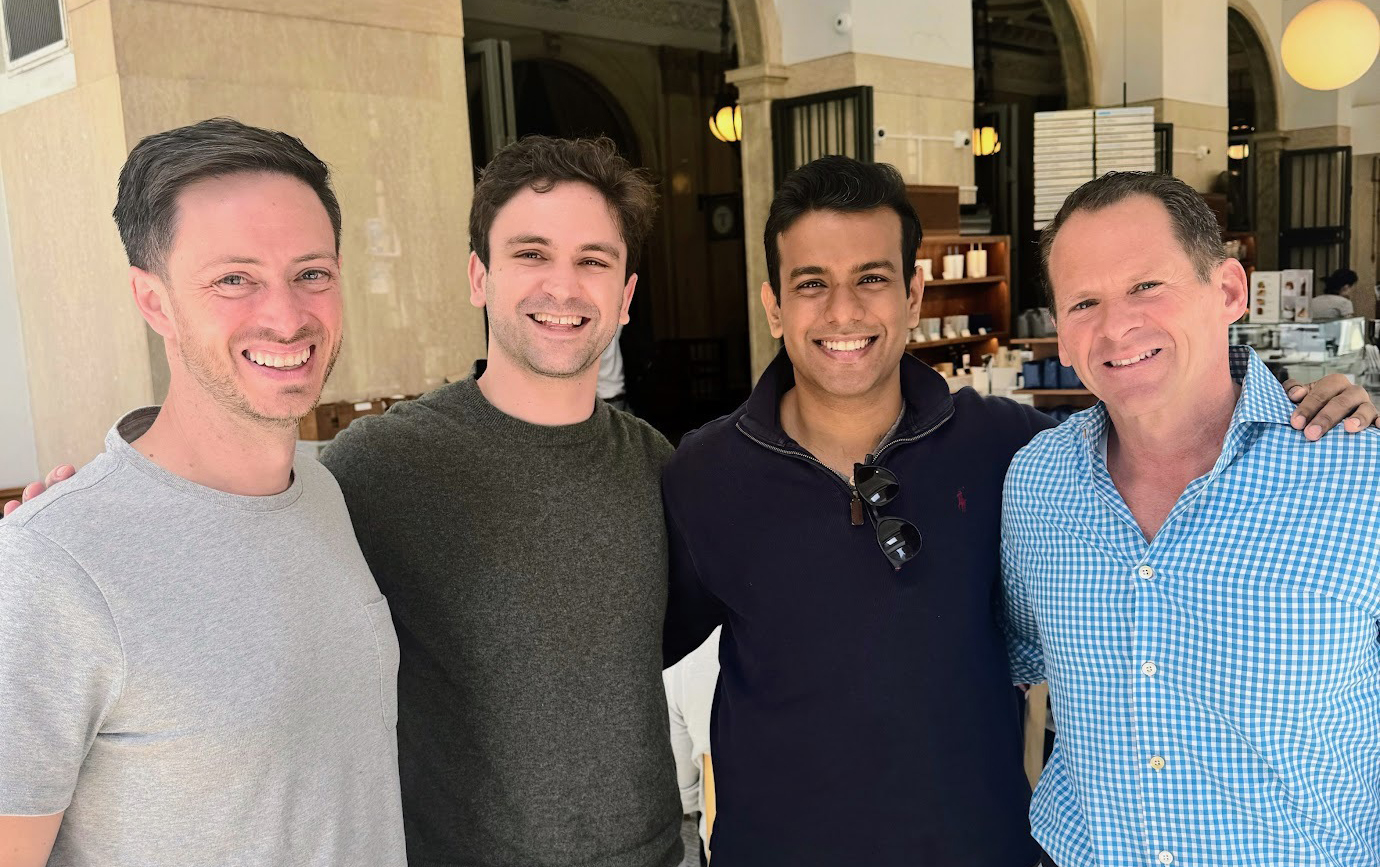
In that time, OpenRouter also served as the exclusive launch partner for OpenAI’s first coding model, GPT 4.1, which was first released on their platform as Quasar Alpha. It’s become a household name for all AI engineers, being prominently featured by Andrej Karpathy on various X threads, as well as the famous talk at YC startup school.
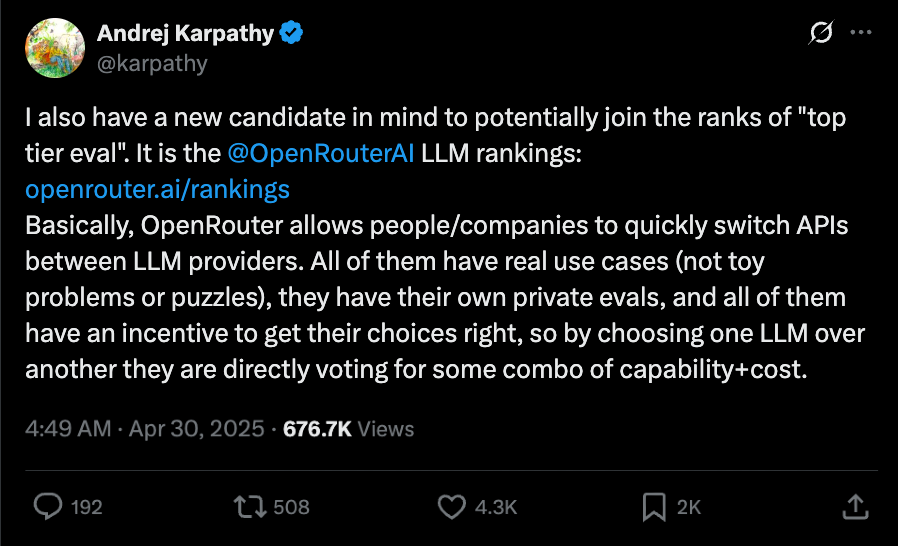
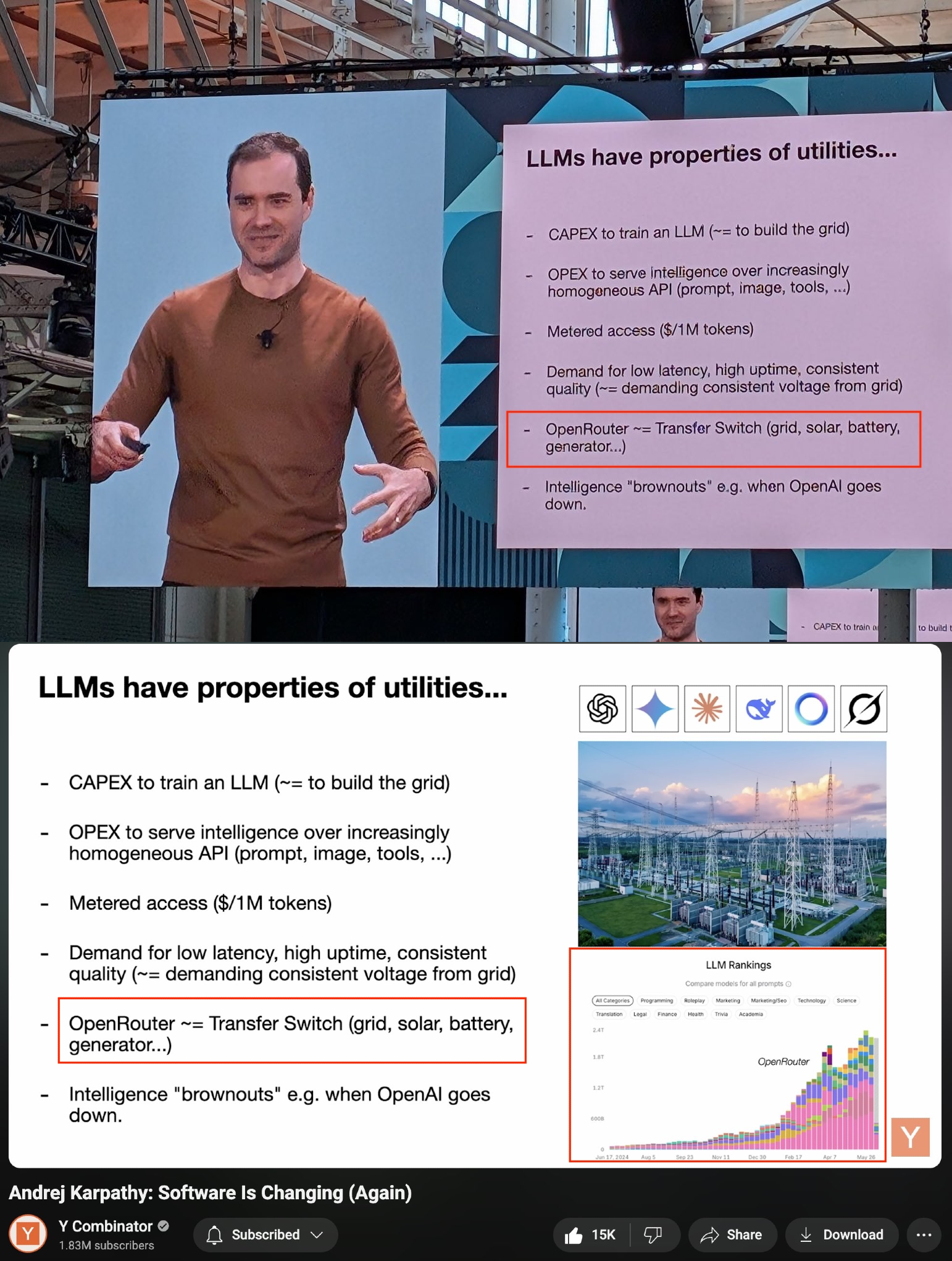
We believe that, in the future, any developer—hobbyist or at a big company—will not just want the best models, but will want to constantly optimize their desired price/performance and latency in one place. Further, we see enterprises not wanting to lean on only one provider for the same models. Anthropic’s Sonnet, while hosted on Anthropic, GCP, and AWS, can often get different throughputs and capacity depending on which service you use (not to mention a potentially long, laborious conversation with sales). On OpenRouter, you get access to all of them at once. Some developers believe it’s easy enough to build a service that hooks into every single model, but quickly realize that this is a long, laborious task with a lot of edge cases that you can’t even vibe code your way out of. Eventually, they end up choosing OpenRouter. We believe this is the start to a whole new category that will continue to grow in importance over time.
Matt is a partner at Menlo Ventures and invests multi-stage across AI infrastructure (DevOps, data stack, middleware, API platforms), AI-first SaaS (vertical and horizontal), and robotics. Since joining Menlo in 2015, Matt has led active investments in Anthropic, Alloy.AI, Benchling, Canvas, Clarifai, Cleanlab, Carta, Envoy, FireHydrant, Harness, HOVER, Mimic, Netlify,…
Deedy is a partner at Menlo Ventures focused on early-stage investments in AI/ML, next-generation infrastructure, and enterprise software. Having been an engineer and product leader at both a successful startup and large public companies, Deedy is well-equipped to help technical founders navigate how to build and scale enduring tech companies.…
